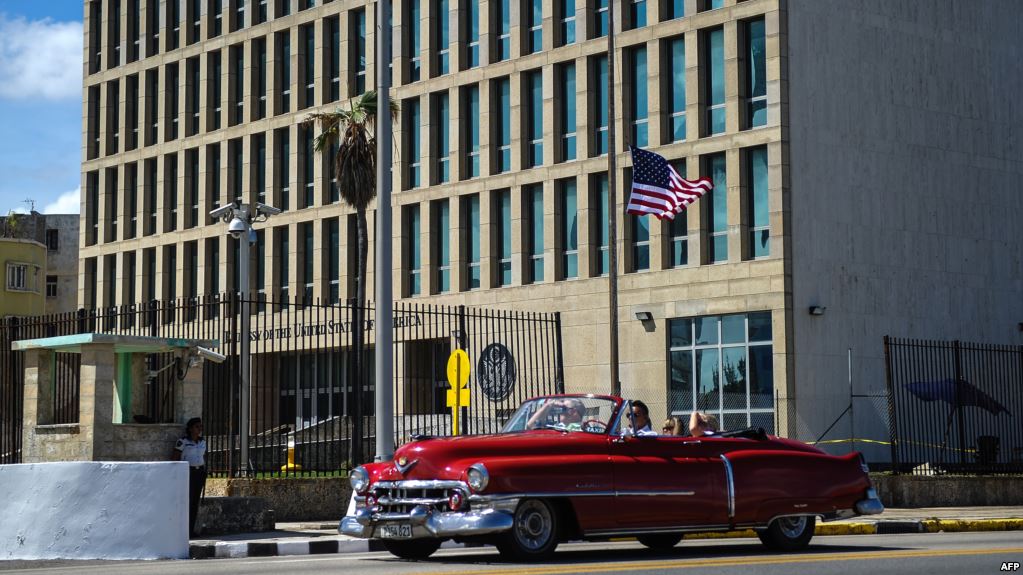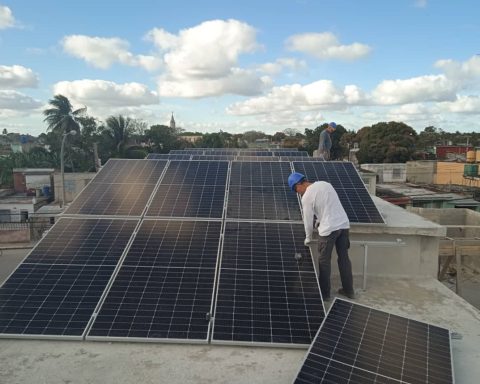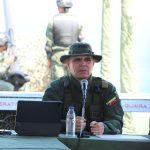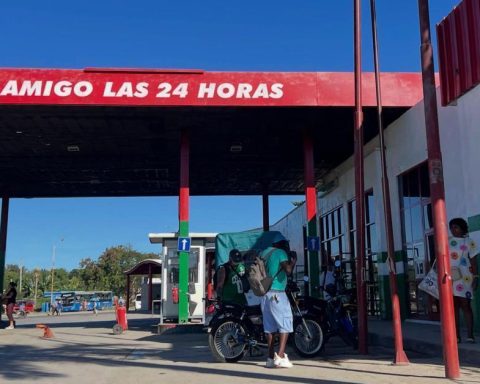The United States and Cuba released two statements about the meeting on migration issues held Thursday in Washington DC.
In its text, the US side announced that as of May it will begin to process immigrant visas for Cuban citizens “in a limited way” at its Embassy in Havana. The United States addressed the issue of consular services at the Embassy “to include the resumption of immigrant visa services on a limited basis beginning in May, current services for US citizens, and the current issuance of emergency nonimmigrant visas.” , affirm the note.
Washington also expressed that “allowing safe, legal, and orderly migration between Cuba and the United States continues to be of mutual interest” and “consistent with the interests of the United States in promoting family reunification and promoting greater respect for human rights and fundamental freedoms in Cuba.
“These talks on migration,” the document says, “provide an opportunity to discuss the mutual implementation of the Migration Agreements (made up of a series of bilateral agreements between the United States and Cuba made in 1984, 1994, 1995 and 2017)” .
For its part, the Cuban delegation “reiterated its concern about the measures of the US government that stimulate migration, prevent legal and orderly migration, and generate socioeconomic conditions that encourage emigration. He stressed that these measures, including those associated with the extreme reinforcement of the economic blockade, cause loss of life and the commission of crimes of migrant smuggling, immigration fraud and human trafficking, a situation that affects both countries and the region.
On the other hand, “he insisted on the obligation of the United States government to guarantee the issuance in Havana of no less than 20,000 annual visas to Cubans to emigrate to the United States, a commitment that has been breached since 2017. He emphasized that there is no justification some to keep that service interrupted in Cuba and force the applicant to emigrate to travel to Guyana so that his application can be processed.”
Finally, he reiterated that “the United States must stop hindering and violating the rights of Cubans to travel to third countries in the area” and demanded “compliance with the bilateral migratory agreements in their entirety and not selectively.”
The Deputy Assistant Secretary for Western Hemisphere Affairs, Emily Mendrala, led the US delegation and Deputy Foreign Minister Carlos Fernández de Cossío led the Cuban delegation.

















